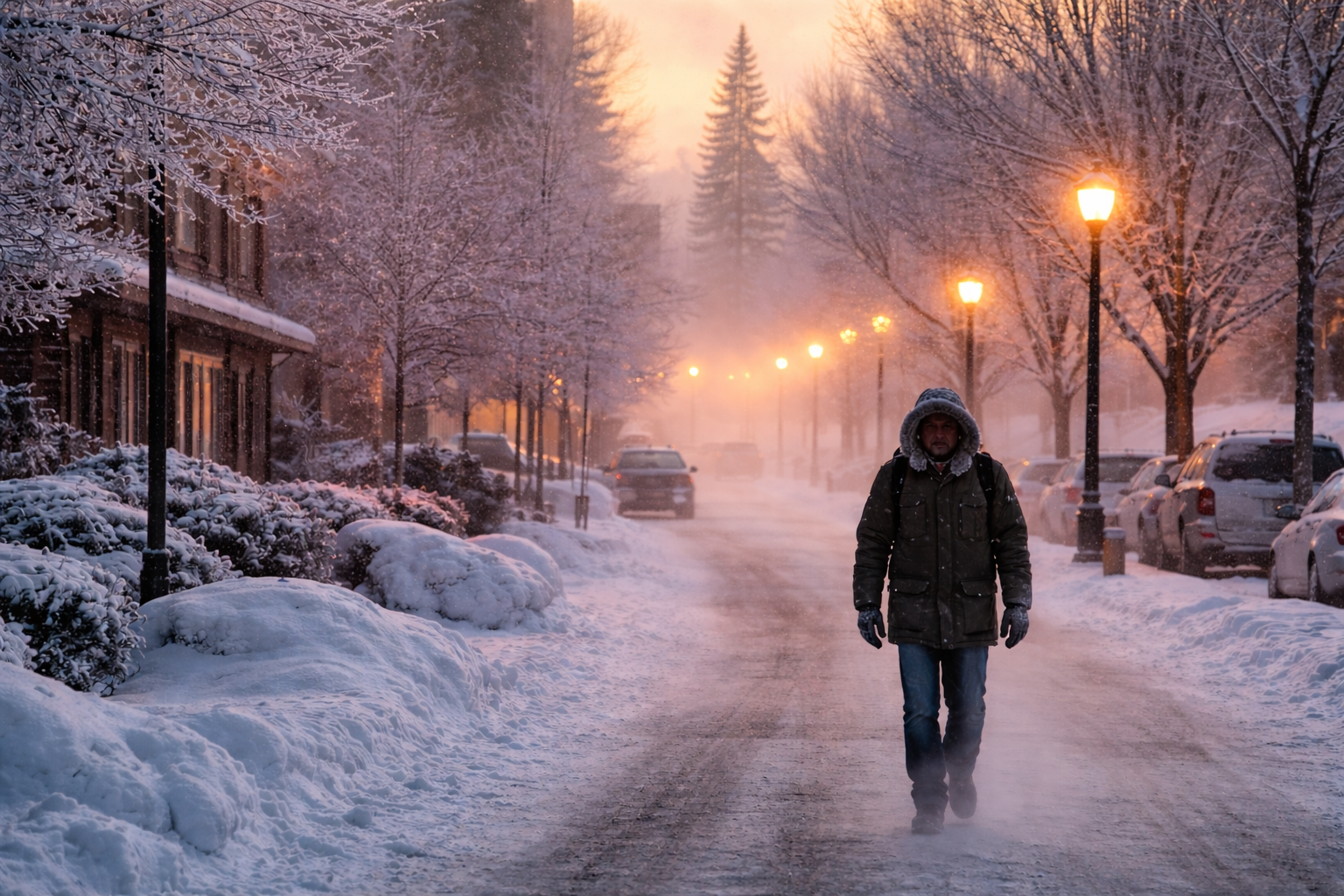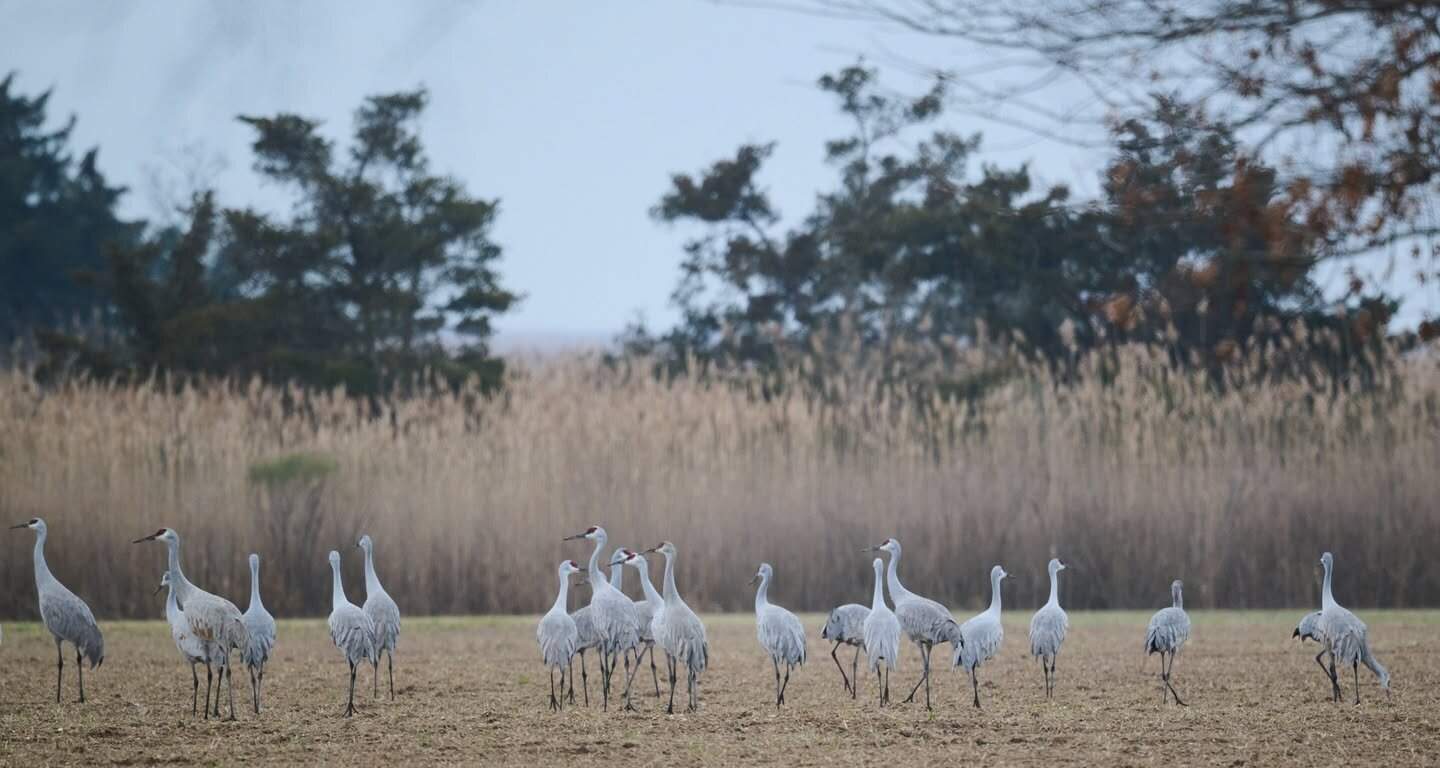Fithian Diaries
Eighteenth century social life in Greenwich is revealed in the Fithian journals of 1766-1767.
Greenwich resident Philip Vickers Fithian is no stranger to this column. Several years ago, we examined how this South Jersey native witnessed the American Revolution first-hand, serving as chaplain with Col. Silas Newcomb’s American battalion when General George Washington suffered his first significant loss engaging the British in the Brooklyn-based Battle of Long Island and posting a pivotal victory in the Battle of Harlem Heights in the locations now known as Morningside Heights and Harlem.
Between those encounters, Fithian, born December 29, 1747 and one of seven children of Joseph and Hannah Fithian, corresponded with his wife Elizabeth, relaying his life in the military and the fear and fervor that accompanied his troops while waiting to meet the British on the battlefield. For modern readers, those letters illuminate the psyche of those who found it necessary to sacrifice for the sake of independence from English control. But they weren’t the only writings by Fithian to be preserved.
In Isabel S. Moore’s 1978 South Jersey Magazine article titled “Eighteenth Century Social Life in Greenwich as Revealed in the Philip Vickers Fithian Journals of 1766-1767,” we are told the diaries reveal early on that Fithian “was possessed with unusual religious zeal and piety. At nineteen he spent every Wednesday and Sunday in church unless prevented by illness and analyzed the sermons he heard in his journal.”
The Fithian family’s Presbyterianism in the wake of the faith’s mid-18th-century Great Awakening, which Moore explains “promoted missionary activity and philanthropy, charity and education,” most likely contributed to Philip’s devotion to religious studies and service. His father undoubtedly witnessed his son’s resolve and aided him in reaching his goals.
Moore quotes from a journal entry by Fithian in which he proclaims, “This morning, I had the gracious & agreeable news from my father that next week I am going to go to school to Mr. Green.” The reference is to Rev. Enoch Green’s school in Deerfield, a Presbyterian academy that would provide the first step in the education the young Fithian sought.
The Deerfield studies under the tutelage of Green was interspersed with chores on the family farm. Fithian writes of peach trees and planting a garden that included “beans, peas, parsnips, parsley, onions, lettuce; carrots, cabbage, radishes…” During the winter, he “hawled [sic] trees out of the swamp” and worked on fences to enclose the meadow.
When not tending to farm duties, Fithian immersed himself in other activities in nature. Moore reports that “in April and May [1766] Philip and his father went fishing in either the Cohansey River or the Delaware Bay, sometimes using a seine or net.” He wrote in his journal, “Today I have been fishing & caught a fine parcel of small rockfish, perch, etc.”
The journals continued when Fithian left Greenwich on November 30, 1770 to attend The College of New Jersey, now known as Princeton University.
While at the College of New Jersey, Fithian received a letter from his mother dated January 10, 1771 in which she implores her son to “make Religion your business…it is easy to profess Religion, but it is hard to be a Christian.” Moore cites this letter as “the strong home influence which led Philip Fithian to study theology and devote two years as a missionary to the Indians and early settlers on the Virginia-Pennsylvania Frontier.”
After his graduation in September 1772, Fithian returned to the community of Greenwich, where he studied theology with Reverend Green and Hebrew with Andrew Hunter, Sr. He would spend the next 13 months in his hometown, the last extended stay with family and friends.
We’ll examine how Fithian’s journal entries view the difference between life in South Jersey and Virginia, where the Greenwich native lived for a period as a tutor, when this series resumes.








